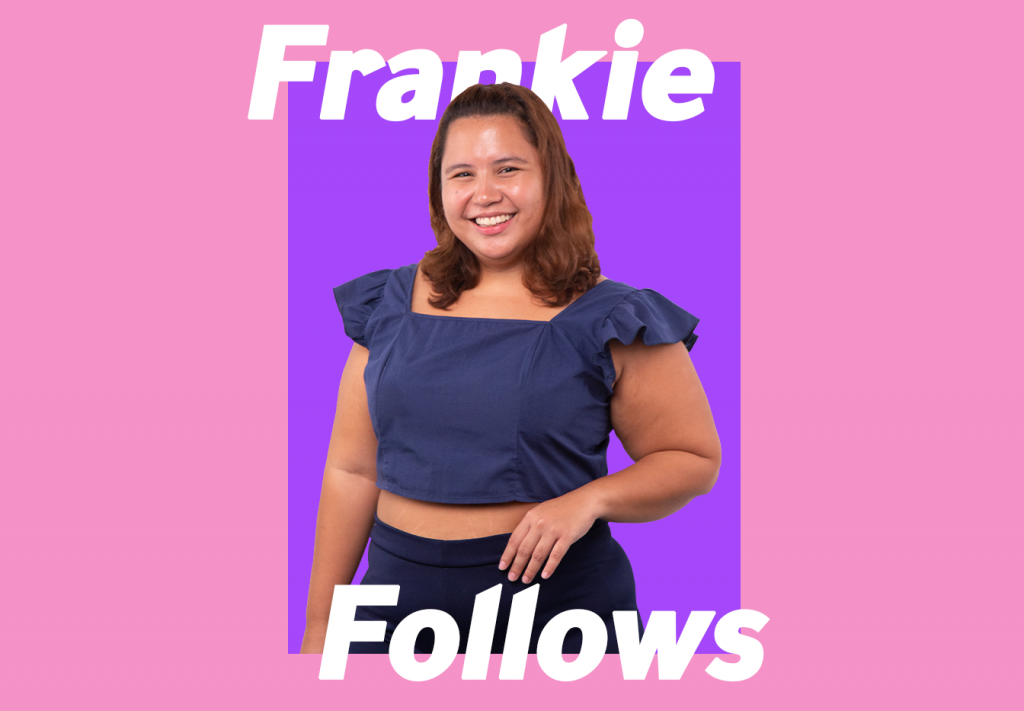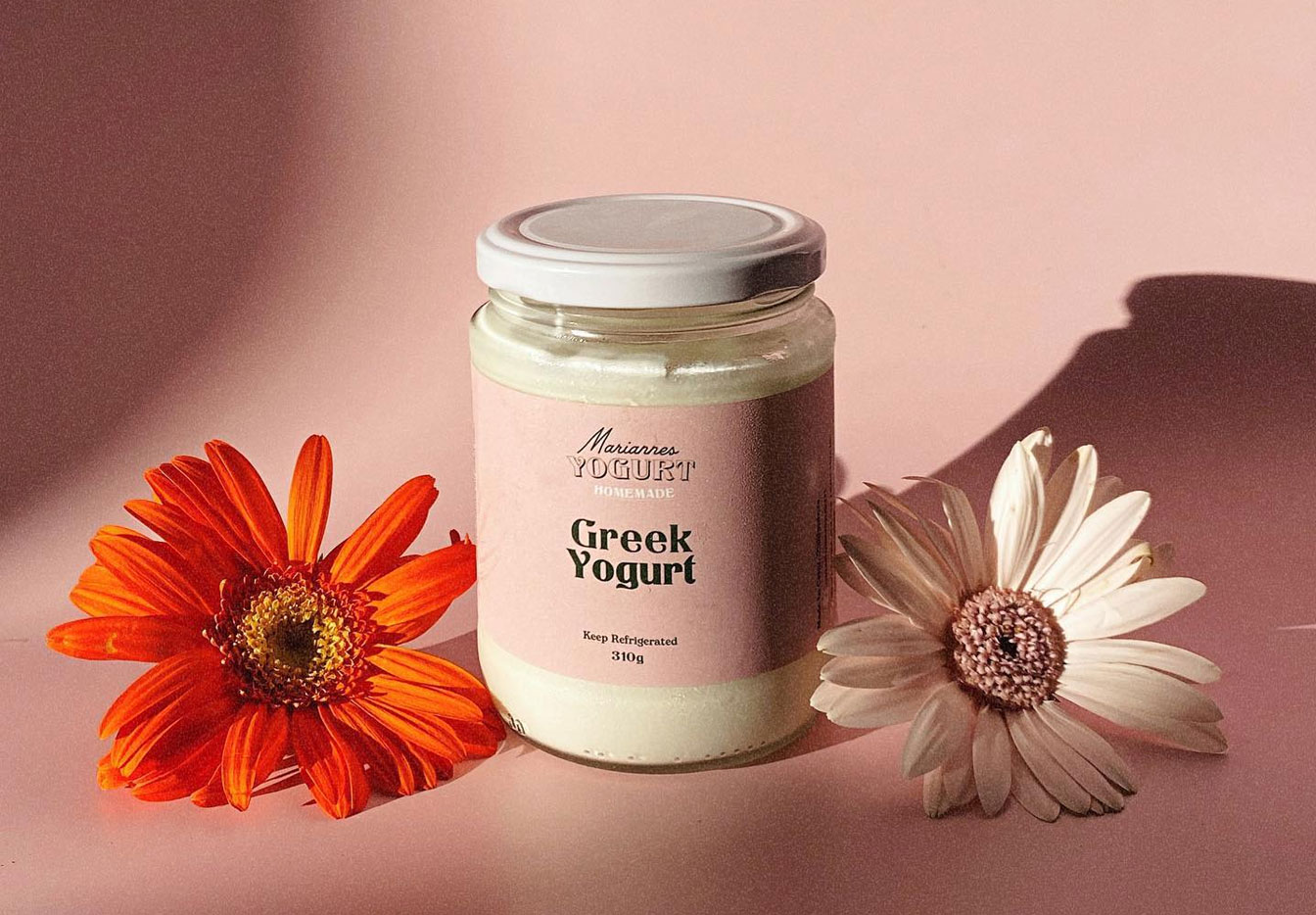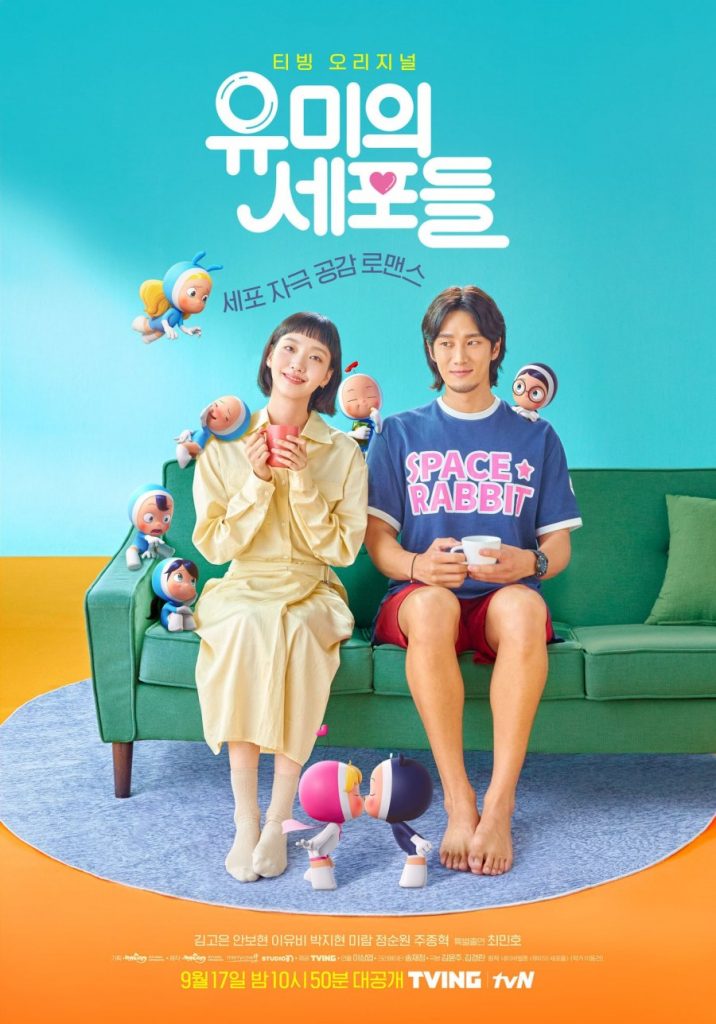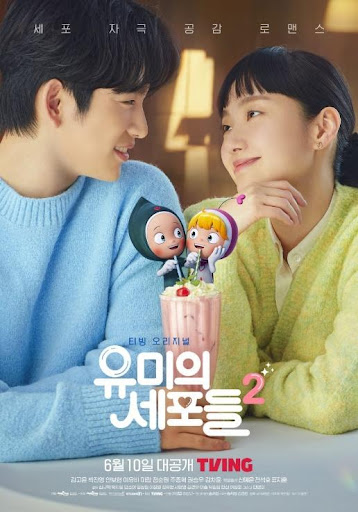As a self-proclaimed Kdrama addict, coming across a show that leaves me with a deep impression has become a rarity. In fact, I would dare say it’s been years since I found myself gasping at the brilliance of a show’s writing. You know that feeling when you find yourself pausing the screen to take a few moments of processing what you just watched, even going to the extent of writing about it or sharing your excitement with another fellow Kdrama fan? That experience came to me recently through Yumi’s Cells.
I honestly can’t stop fangirling about this show (trust me, I’ve tried convincing a lot of friends to watch it) since it isn’t getting the attention it deserves. Why? It’s honestly one of the most relatable dramas I’ve seen. There’s no need for cliché plot twists or out-of-this-world happenings in this—it’s simply a story of life happening to our main character. There’s Yumi, her cells, and life happening. With such a realistic plot, you might actually end up finding parts of yourself in Yumi, an act I found myself doing a couple of times the entire time I was watching the show.
One of the things I can’t stop loving about this show is how we see the reasons behind Yumi’s (and other characters’) decisions—a fault we often miss in some dramas which makes characters seem shallow. And these decision-making processes were creatively illustrated through her cute cells—reason, emotion, hunger, shopping, and lust (a crowd favorite) to name a few remarkable ones. As Yumi encountered different conflicts, we see how these cells interacted and even debated on deciding how Yumi would react. Sometimes, we see reasonable decisions made which made us sigh in relief. Other times, we also witnessed questionable actions which made us cringe but quietly laugh at how familiar they seem in the decisions we make in our own lives.
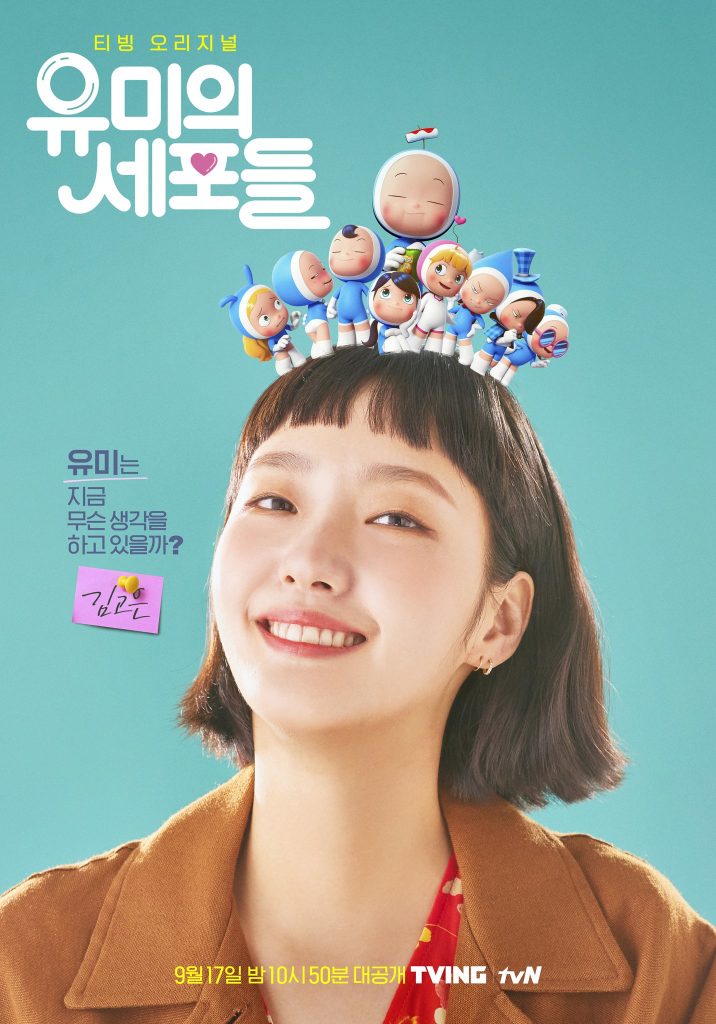
To help give you an outlook of this, it’s best to lift specific scenes. One of my favorite memories of this show (which really made me laugh at how it reminded me of my own tendencies) was how at one point, Yumi was struggling to finish a certain task in her job. As other cells worked together to make her brain work, here comes her Hunger cell which suddenly quadrupled in size and ended up throwing tantrums in Yumi’s town. The result? Yumi could no longer focus on the task at hand because hunger was overtaking her brain, a literal hunger strike (hehe). This led to her running away from her job to satiate her growing hunger. Doesn’t this remind you of times in your life when you couldn’t focus because you, too were hungry and had to run to the pantry for whatever could satisfy your grumbling stomach?
Here’s another moment that made me utter “wow!” (spoiler alert!) After finding love in the form of Woong years after being single, Yumi encounters Saeyi, Woong’s long-time female friend. With her intuition cell kicking in, Yumi’s other cells gathered and ended up having a heated debate on this question— “Can guys and girls just be friends”? During the debate, emotion cell strongly answered in the negative without giving any reasonable grounds to back up her point. Doesn’t this remind you of times when we get too overwhelmed by our own emotions that our arguments end up being based on faulty assumptions not grounded by facts?
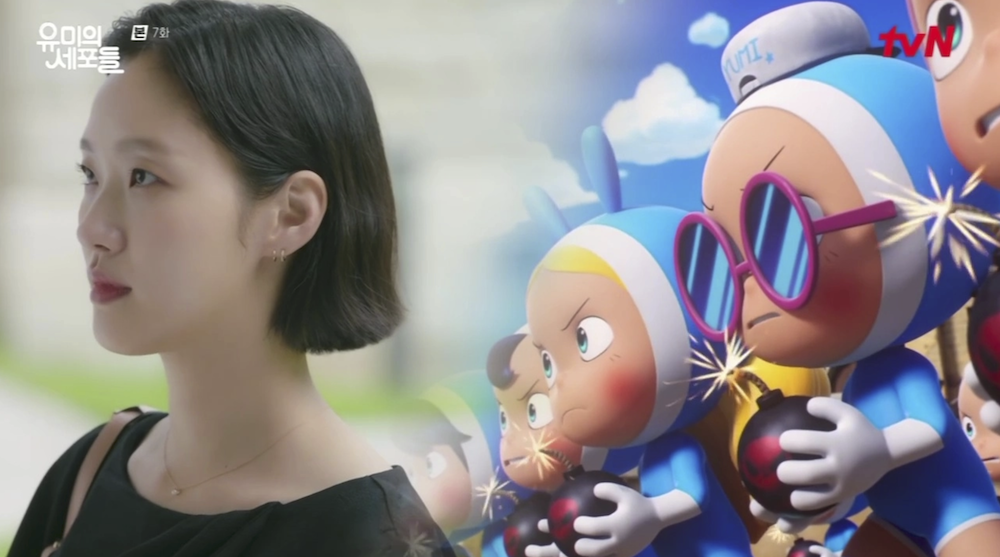
On the topic of the after-effects of a breakup (spoiler alert!), we also saw at one point how Yumi’s prime cell changes. The show explains how humans have one primary cell which ultimately has the strongest opinions when it comes to decision-making. In Yumi’s Cells, Yumi’s prime cell has always been her Love Cell since the start of Season 1. But we see a shift to her Writer Cell after her breakup with Bobby, signifying Yumi’s shift in priority—from prioritizing her love life to now prioritizing her growing career. Doesn’t this remind you of some breakups (yours or others) you’ve witnessed in your life?
And here’s my last attempt to convince you to watch this show with a scenario that we probably all could relate to. At the start of every new year, the show describes a phenomenon that happens to all humans. On the very first day, one chosen cell grows bigger than other cells, signifying that person’s motivation to focus on that aspect of her life (ex: the diet cell grows big showing one’s new year’s goal to diet hard for the entire year). Sadly, this motivation only lasts short and after three days, the cell goes back to its normal size. Doesn’t this remind you of our tendency to fail (sadly) at the new year’s resolutions we set up at the start of every year?
These are just a few of the many times I gasped at how I related deeply to Yumi’s decisions. This drama certainly made me look back at some of the good and foolish decisions I, myself, have done in the past. From that one time I uttered painful words to someone I cherish because of my overwhelming Emotion cell, or that time when I decided to eat because work was becoming overwhelming (hi, my big hunger cell), this Kdrama definitely made me mindful of the different cells I have within me, making me now more conscious of them in the future conflicts I will encounter.
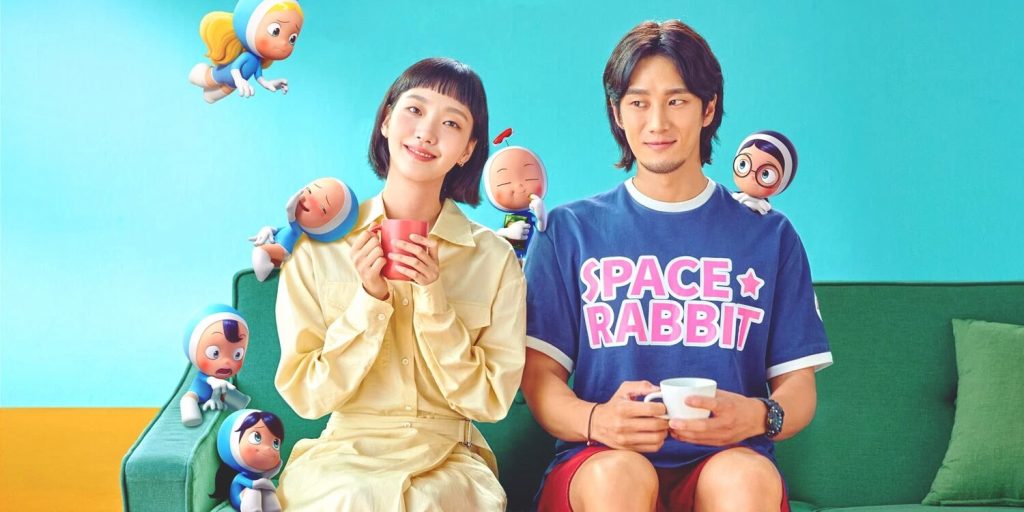
This is one thing we can take away from this drama—how we should be mindful of our cells and emotions so we can also understand the underlying causes of the things we feel, which can ultimately help us decide what might be best for a given situation. In the same way, this show also teaches us about other people’s cells, and how it takes empathy and understanding to avoid misunderstandings that sometimes lead to messier things—in Yumi and Woong’s case (spoiler alert)—the end of a relationship which broke my heart deeply.
I hope this writeup is enough to convince you to give this show a chance. It truly served as a reminder of how I can be mindful of my own cells in my never-ending quest of becoming a better version of myself.
Binge it on Loklok App and IQIYI

